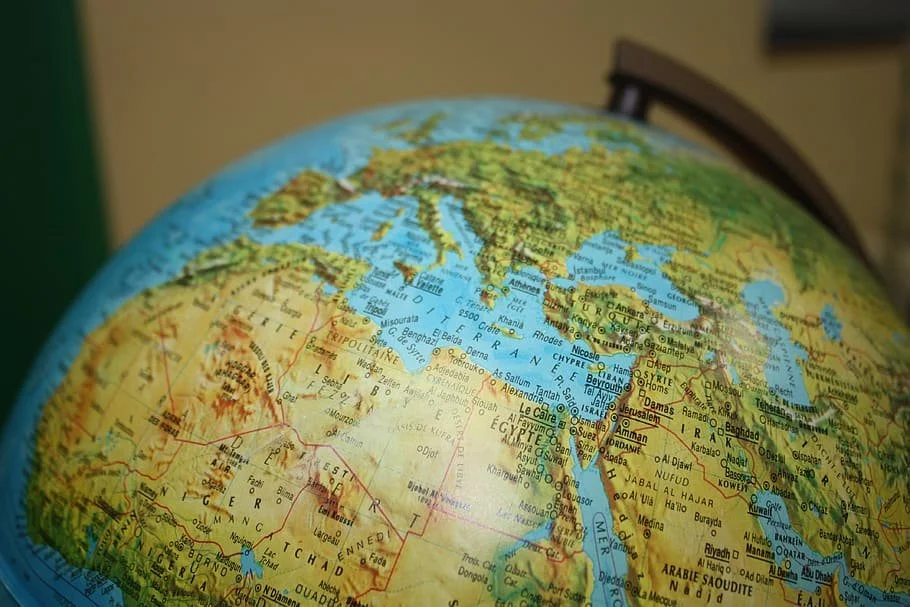Could an international treaty help whistleblowers?
Aristeidis Danikas, co-founder of Blueprint for Free Speech Greece, puts forward the case for the development of an international treaty on whistleblowing
In recent years, whistleblowers have played a critical role in exposing corruption, fraud, and wrongdoing across the world. These courageous individuals risk their careers, safety, and sometimes even their lives to bring to light harmful activities that threaten the public interest.
However, despite their invaluable contributions, whistleblowers often face severe consequences for speaking up, including intimidation, harassment, and even persecution. To address this pressing issue, there has been a growing call for an international treaty for whistleblowing and an international visa for whistleblowers.
At present, there are some international principles for whistleblower legislation that have been developed by organizations such as Blueprint for Free Speech and Transparency International. These principles serve as guidelines for formulating new and improved existing whistleblower legislation. They take into account lessons learned from existing laws and their implementation in practice, and have been shaped by input from whistleblower experts, government and NGOs from all regions.
The principles emphasize the importance of protecting whistleblowers from retaliation, providing them with safe and accessible channels for disclosure, and ensuring that the information they disclose is effectively used to promote transparency and accountability. While these principles are undoubtedly important, they are not enough to ensure that whistleblowers are adequately protected.
As long as different countries have different laws and policies on whistleblowing, it will be difficult to provide consistent, meaningful protection to whistleblowers who operate across borders. For this reason, I am calling for the development of an international treaty for whistleblowing. Such a treaty could establish common standards and guidelines for protecting whistleblowers, regardless of where they are located. It could also provide mechanisms for international cooperation in investigating and prosecuting cases of retaliation against whistleblowers and in using whistleblower disclosures to advance reforms.
In addition to a global treaty, there has also been a proposal for an international visa for whistleblowers. This visa would allow whistleblowers to seek refuge in a safe country if they are facing threats to their safety and well-being as a result of their disclosures. The visa could be granted by an independent international body and could provide whistleblowers with legal protection and support while they are in the host country. This would give whistleblowers the confidence to speak up without fear of retaliation and would help to ensure that their disclosures can be properly investigated and addressed.
The detractors of a global treaty for whistleblowing and an international visa could argue that these measures could exacerbate the current problem of false allegations. However, the treaty would require meticulous transparency and assess the information provided by whistleblowers adequately. Any false information presented maliciously could result in legal action against the whistleblower. The treaty would require sufficient evidence to bring a claim and would not provide a haven for fabricated or malicious claims.
In conclusion, an international treaty for whistleblowing and an international visa for whistleblowers can significantly improve the protection of whistleblowers across the world. These measures could help to create a safe and reliable environment for whistleblowers to report misconduct while being protected from retaliation and persecution. By establishing uniform guidelines and standards for whistleblowing globally, societies can encourage individuals who have important information against corruption to come forward, paving the way towards more informed and transparent societies.
Key points:
Whistleblowers risk their careers, safety, and sometimes even their lives to bring light to harmful activities threatening the public interest.
A global treaty for whistleblowing could create a uniform set of protections for whistleblowers across countries, avoiding inconsistencies and judicial conflicts.
Whistleblowers need safe, reliable channels to report misconduct with strict protections against retaliation or punishment.
By granting whistleblowers international visas, countries can offer a safe haven for them to report misconduct, seek protection and cooperation across jurisdictions.
The detractors of global treaties should note that transparency and evidence requirements would inhibit false allegations motivated by malice.
The call for a global treaty for whistleblowing and an international visa for whistleblowers creates a safe and reliable environment for the reporting of misconduct and the prevention of retaliation and persecution.
Read Aristeidis Danikas’ Call for the Creation of an International Treaty for Whistleblowers here.

